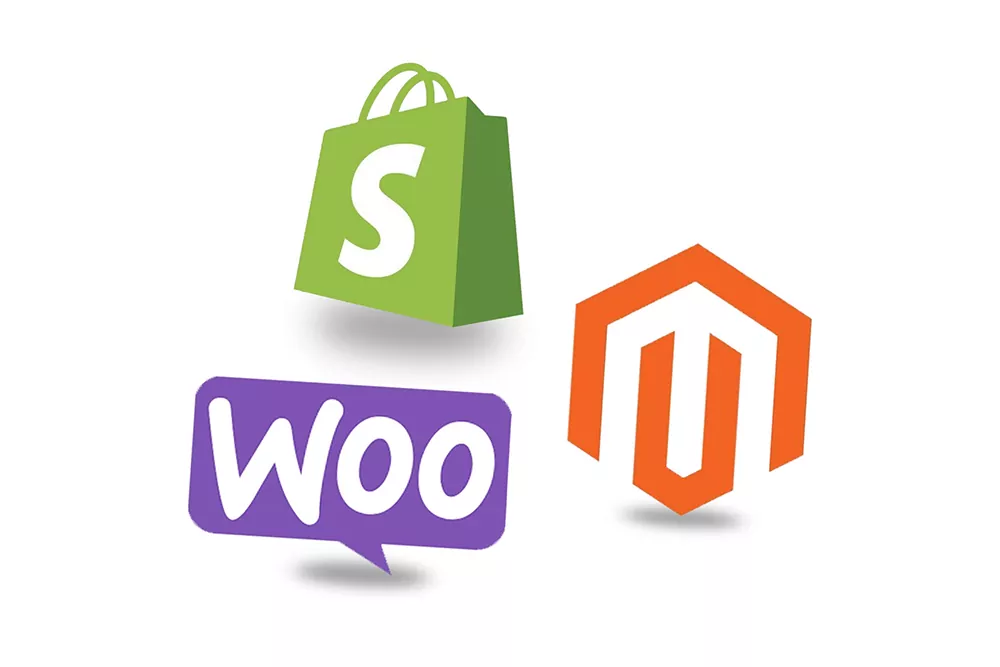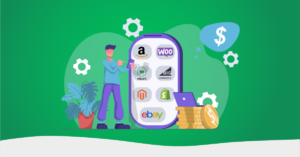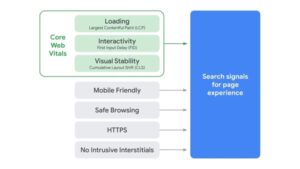Discover the essential e-commerce tools that drive business success by streamlining operations, attracting customers, and supporting marketing strategies. These tools play a crucial role in determining the success of online businesses. In this article, we present 7 types of e-commerce tools for online businesses in 2024.
E-commerce Tools for Online Businesses
E-commerce tools refer to software, platforms, and applications designed to simplify and enhance various aspects of online buying and selling processes. Here are the most important ones:
1. E-commerce Platforms
Platforms like Shopify, WooCommerce, and Magento offer user-friendly environments for creating and managing online stores. These platforms provide multiple options for store customization, helping improve sales and enhance customer satisfaction.

- Shopify: Known for its comprehensive solutions, Shopify offers an easy-to-use interface and fast setup, making it ideal for beginners.
2. Research Tools
Research tools help you analyze competitors, providing insights into products, prices, and marketing strategies. These reports enable businesses to refine their strategies and launch effective marketing campaigns.
Examples include:
- SEMrush: Provides in-depth reports on keywords and competitor strategies.
- Ahrefs: Helps analyze backlinks and competitive keywords.
- Moz: Offers SEO tools to improve search engine rankings.
3. Payment Gateways
Selecting a secure and reliable payment gateway is crucial for ensuring smooth transactions. Choose a payment solution that suits your customers to create a seamless checkout experience without worry or stress.
4. Data Analytics Tools
Data analytics tools are essential for tracking store performance and identifying areas for improvement. They provide valuable insights into user interactions, conversion rates, and overall customer satisfaction, helping businesses make data-driven decisions.
- Google Analytics: Offers detailed reports on website traffic and user behavior.
5. Customer Relationship Management (CRM) Tools
CRM tools play a key role in enhancing customer experience by storing customer data, tracking sales, and managing support. They foster better customer engagement and loyalty toward your store and brand.
Examples include:
- Salesforce: Provides end-to-end solutions for managing customer data and sales tracking.
- HubSpot CRM: A free system with tools for managing customers, tracking sales, and analyzing performance.
- Zoho CRM: Offers a suite of tools for email management, lead tracking, and data analysis.
6. Marketing Tools
Marketing tools are vital, especially for new online stores, as they increase brand awareness and attract customers. These tools help improve website traffic, optimize search rankings, and monitor competitors’ marketing efforts.
Examples include:
- Hootsuite: A social media management tool for scheduling posts and analyzing performance.
- Mailchimp: A comprehensive tool for managing email campaigns and analyzing results.
7. Logistics Tools
Logistics tools manage key aspects of your store, such as inventory tracking, customer shipments, and order management. These tools help you analyze the efficiency of your supply chain and align it with future business plans. They also assist in generating invoices and notifying fulfillment teams about customer orders.
Social Media Tools
Alongside marketing tools, many businesses invest in social media tools to boost their online presence. These tools help enhance brand reputation, engage with customers, identify consumer trends, and meet their needs.
Looking to elevate your online business and achieve tangible results? Jawwez offers the best e-commerce tools along with customized solutions for building effective marketing strategies and boosting customers and sales. Contact us now to start your journey toward success!






